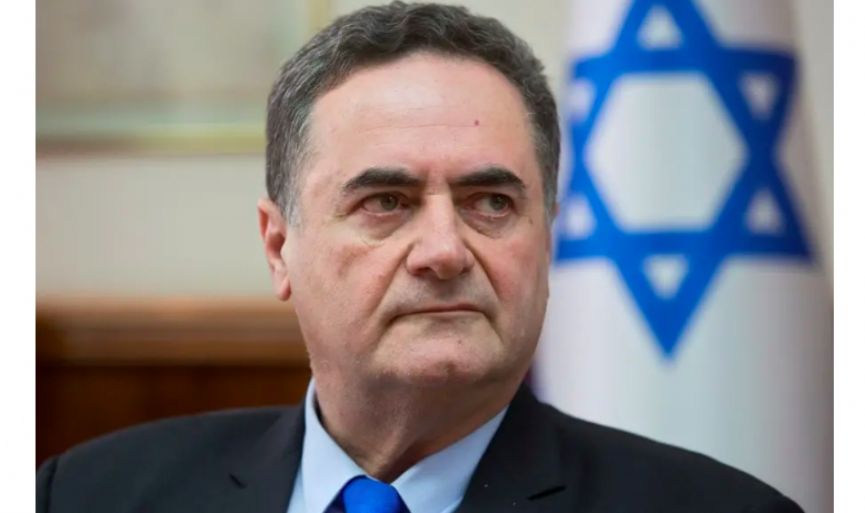Turkey is the most active and important foreign country operating in eastern Jerusalem, wrote David Koren, a former advisor to the mayor of Jerusalem for Arab and eastern Jerusalem affairs.
BY HERB KEINON AUGUST 27, 2019 / JERUSALEM POST
Foreign Minister Israel Katz has directed the ministry to formulate a package of measures to “stop Turkey’s incitement and subversion in East Jerusalem.”
Katz announced the move in a Hebrew and Arabic tweet on Monday, saying that “more details of the plan” will follow.
Israel has for the last number of years watched with concern as Turkish President Recep Tayyip Erdogan has poured money into east Jerusalem in an effort to gain influence there.
David Koren, a former adviser to the mayor of Jerusalem for Arab and eastern Jerusalem affairs, described the Turkish influence in east Jerusalem in an article in February for the Jerusalem Institute for Strategy and Security, a think tank with which he is affiliated.
“Turkey is the most active and important foreign country operating in eastern Jerusalem,” he wrote, saying that Ankara “regards influence in eastern Jerusalem, particularly the Temple Mount, as a major strategic goal.”
According to Koren, the Erdogan regime “sees events in Jerusalem as an element in the establishment of Turkish regional hegemony at the expense of other players.”
As a result, Turkey it has funneled tens of millions of dollars into projects in the city. “The admiration for Turkey among residents of eastern Jerusalem is unprecedented,” Koren wrote. “Turkish flags are often flown on roofs of buildings in eastern Jerusalem and even on the Temple Mount.”
According to Koren, “the rejuvenation of Turkish culture in the city is reflected in the study of the Turkish language and the presence of Turkish music and food. Its public support on the Palestinian issue and for Al Aqsa, and the millions of dollars it distributes to eastern Jerusalem, are winning sympathy and support for Turkey. Turkish popularity in eastern Jerusalem has grown so much in recent years that leaders in Jordan, Saudi Arabia, and the PA have told Israel that Erdogan was building up spheres of influence in eastern Jerusalem that jeopardized their interests and those of Israel.”
Koren wrote that Turkish involvement in the city is facilitated through cooperation with Muslim Brotherhood groups which “are often allied with Turkey and do its bidding.
According to Koren, “Turkey conducts its actions and investments in eastern Jerusalem through its governmental aid agency, the Turkish consulate in Jerusalem, and a number of Turkish organizations maintaining local branches in Israel or in Judea and Samaria. Turkey also renovates buildings in the Old City and undertakes infrastructure projects through organizations acting on its behalf.”
He also said that Turkey’s encouragement of religious tourism to Jerusalem was “worthy of note,” and that the Turkish government “recently declared that pilgrimage to Jerusalem was an integral part of the haj to Mecca.” Some Turkish pilgrims, he said, have been involved in clashes with the police on the Temple Mount.
According to a Bloomberg article in September, Turkey’s foreign aid agency said in its 2015 annual report – the last with details on Jerusalem investments – that “it has undertaken more than 500 projects valued at nearly $30 million in the Palestinian territories, 81 in east Jerusalem.”







